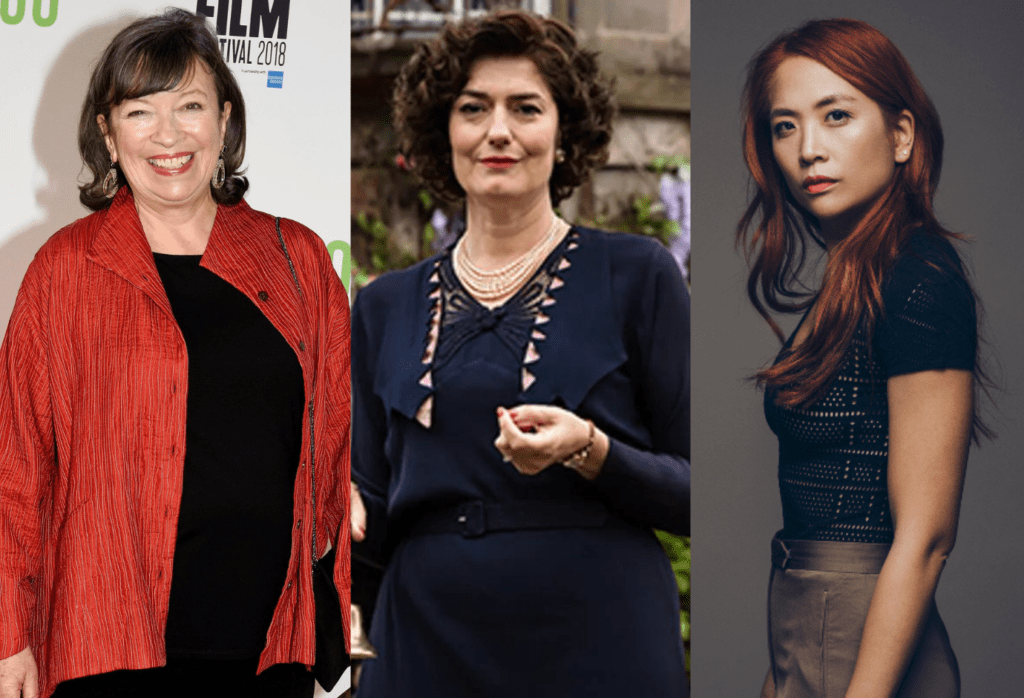The UK’s Acting Your Age Campaign (AYAC) has launched an open letter calling for better onscreen representation of women above the age of 45 to challenge the “entrenched” ageism of the country’s entertainment industry.
The letter was signed by over 100 actors based in the UK, including Alan Cumming, David Tennant, Juliet Stevenson and Richard E. Grant.
It called for a “parity pledge” to ensure women have equal representation across the UK’s political, cultural and entertainment platforms, such as film, TV, political debates and news content.
“Today’s in demand young actress is tomorrow’s unemployed middle aged actress,” the letter begins, before listening a number of dire statistics regarding the lack of representation of older women.
“Last year the BAFTA TV awards couldn’t find a single woman over the age of 38 for their leading TV actress category,” the letter reads.
All female nominees were under 38, while there were two men over 45 in the male category.
One AYAC study found that over the last two decades of the BAFTA TV awards (UK’s most prestigious entertainment awards) the average age of nominees in the Leading TV Actress category had fallen from an average age of 52 to an average age 32.
Meanwhile, the average age of men in the Leading TV Actor category went from 48 to 45 — a very minor drop by comparison. “[It] means that men can continue to work comfortably within their playing age, and women can’t,” the letter states.
The AYAC report being told repeatedly by writers working in drama, comedy and feature films that the age of leading characters are “routinely aged down by commissioners, producers and production companies, particularly the age of the female romantic leading actress.”
Another AYAC survey data revealed while almost half of audiences could name more than 20 leading middle-aged male actors, just 9 per cent could name more than 20 leading actresses in middle age on British screens.
“Ageism targeting women is an entrenched industry staple that is outdated, harmful and neglects the millions of audience members who appreciate seeing women over 45 telling the stories of our lives,” the letter expresses.
“As male filmmakers prizing a woman’s youth and beauty are joined by young women filmmakers with a seemingly endless list of mummy issues. We don’t need yet another older mother with no sense of humour, or entrenched in bigotry like unredeemed homophobia, or the apparent “cause” of her daughter’s mental health issues.”
“The patriarchal favouring “saintly father” and the matriarchal stigmatising “monstrous mother” is a tired and boring misogynistic trope; seemingly there to provide conflict which as with all areas of under representation and narrow representation needs to be limited.”
The letter concludes with 8 recommendations for broadcast, production company commissioners and news and current affairs to address.
They include ensuring a 50:50 age and gender parity of writers and performers of dramas and comedy in programming and commissioning, ensuring a range of representation based on age as well as race and ethnicity, gender, LGBTQ+, disability, a 50:50 age parity of women over 45 in line with men and young women in political panels and discussions, and equal coverage of entertainment news of women over 45.
“A panel of only middle-aged men and young women is dated and unrepresentative,” the letter states.
“This isn’t an attack of artistic freedom. This is highlighting that too often excluding older women is enabled through the cloak of artistic choices.”
The Acting Your Age Campaign (AYAC) was founded four years ago by Nicky Clark, a carer who began her campaigning career advocating for disability rights.
Her previous campaigns include “Don’t play me, Pay Me’ (2008) highlighting the lack of disabled actors in the entertainment industry, “People not Punchlines” (2012) calling to end comedy that targets people with disabilities in a derogatory manner, and “Out of Sight, Out of Mind” (2015) which challenged the lack of public understanding of conditions such as autism, a disability Clark was diagnosed with in 2015.

